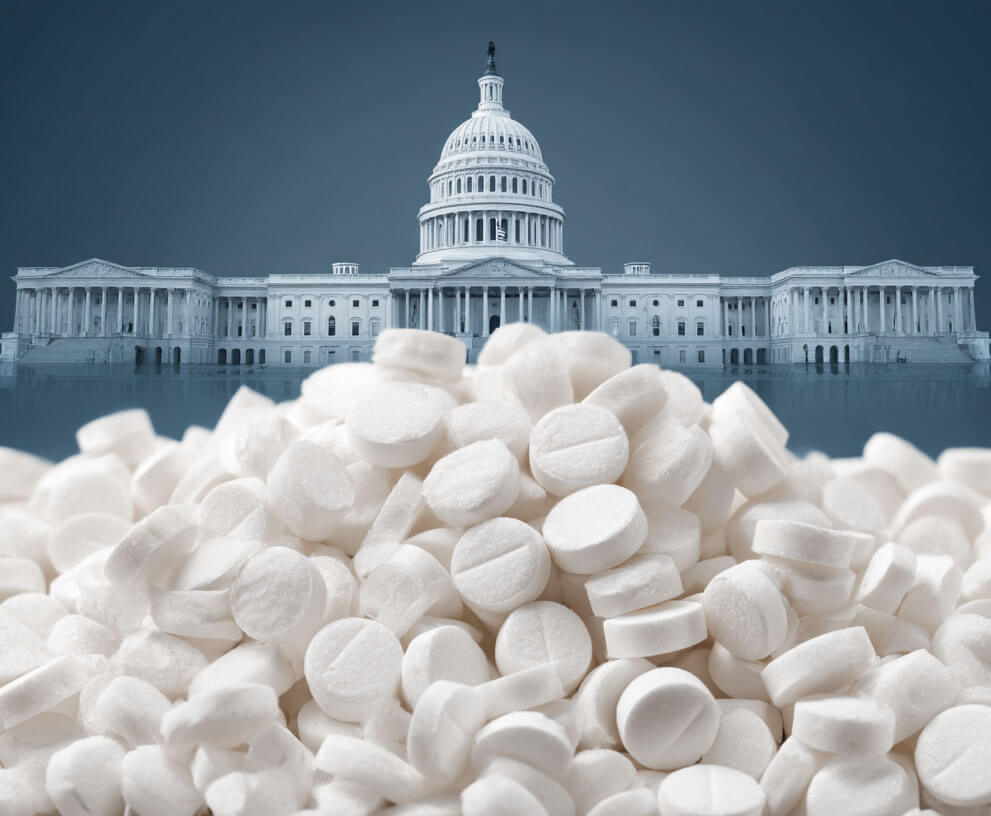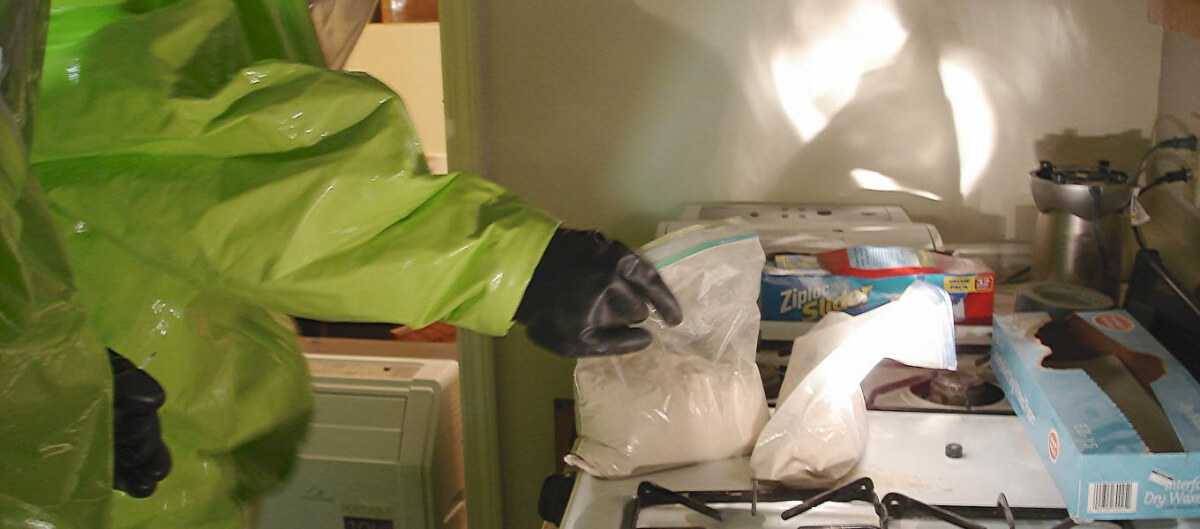
In an unprecedented move against drug trafficking, Attorney General Pam Bondi, alongside DEA agents and the U.S. Attorney’s Office for New Mexico, revealed the results of a weeklong investigation culminating in one of the largest fentanyl busts in United States history. The coordinated operation spanned across New Mexico, Oregon, Utah, Arizona, and Nevada, leading to the seizure of over 3 million fentanyl pills, 11.5 kilos of fentanyl powder, and the arrest of 16 individuals involved in the drug trade.
The announcement was made on Tuesday during a press conference in Washington, D.C., where Bondi stressed the significance of the seizure, describing it as a historic victory in the ongoing battle against fentanyl and its distribution. Among those apprehended was Alberto Salazar Amaya, identified as a high-ranking member of the notorious Sinaloa Cartel, who was based in Salem, Oregon.
Authorities reported that the fentanyl pills, deceptively stamped as oxycodone, varied in potency. The operation also uncovered substantial amounts of other illegal drugs, including 35 kilos of methamphetamine, 7.5 kilos of cocaine, and 4.5 kilos of heroin. In addition to the narcotics, the raid resulted in the recovery of $5 million in cash and 49 firearms, as reported by LiveNow FOX.
The individuals taken into custody included 13 men and three women, with six being undocumented immigrants in the U.S. The drugs were distributed to various cities, including Albuquerque, New Mexico, and Phoenix, Arizona, as well as regions within Utah.
Bondi emphasized the scale of the operation, noting that in Albuquerque alone, agents seized an astonishing 2.7 million fentanyl pills, potentially saving over 1.5 million lives by preventing a massive number of overdoses. The DEA has labeled fentanyl as the deadliest drug threat facing the nation, predominantly manufactured and trafficked by Mexican cartels like the Sinaloa.
The bust comes at a critical moment as synthetic drugs like fentanyl have been linked to a dramatic increase in fatal overdoses and poisonings across the U.S. The Sinaloa Cartel, in particular, was designated by the Trump administration in February as a "Foreign Terrorist Organization" due to its involvement in the production and distribution of fentanyl and other illegal substances.
Bondi expressed her preference for the arrested individuals to face trial and, if convicted, to serve long sentences in U.S. prisons rather than being deported to Mexico, given the severity of the crimes. This historic drug bust signifies a momentous stride in the U.S. government's efforts to tackle the opioid crisis and disband powerful criminal networks that smuggle deadly substances into the country.
Charlie Kirk, a notable political commentator, highlighted the gravity of the situation on Twitter, sharing that the seized drugs could have resulted in millions of overdose deaths.





